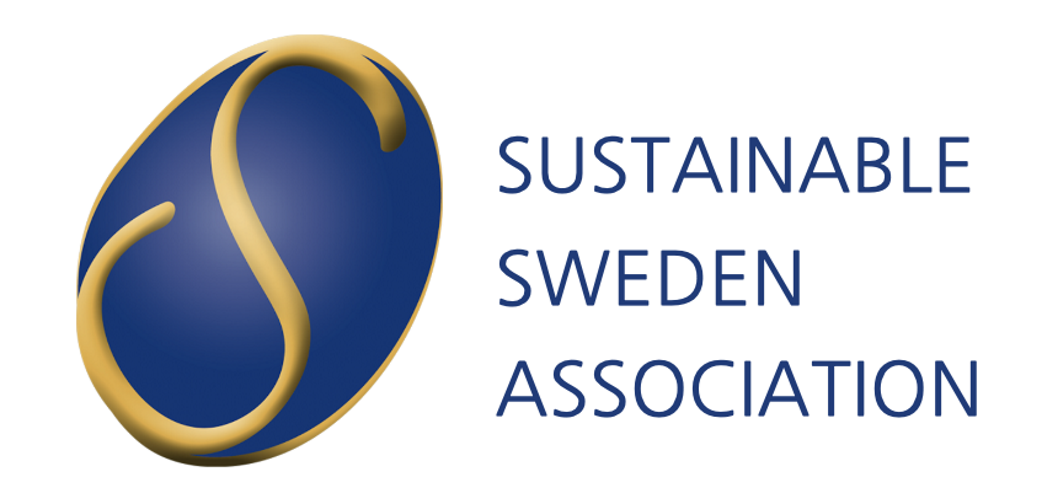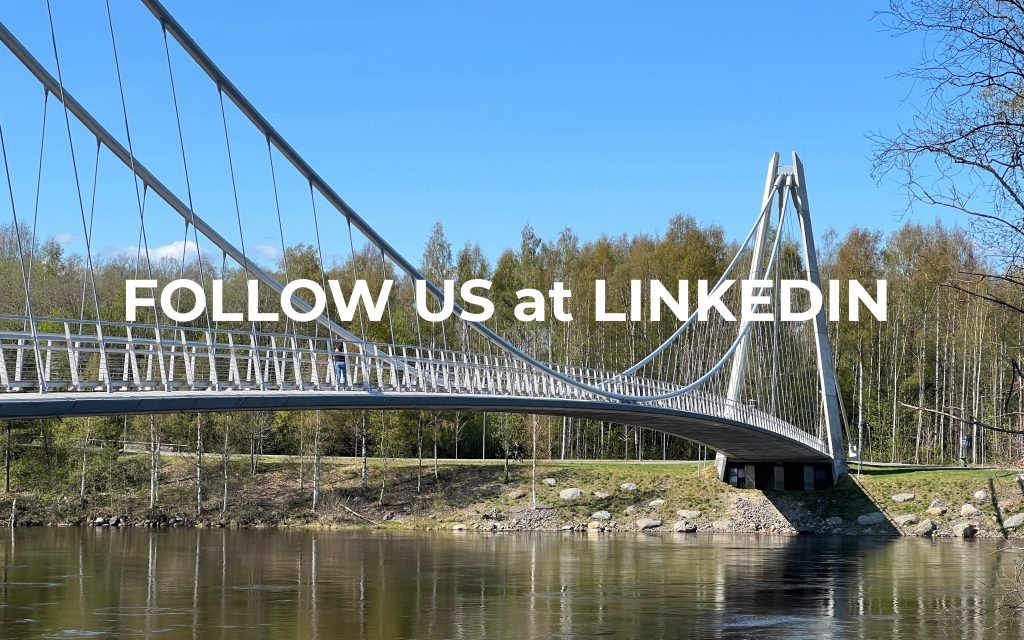Between the September 23th and October 6th, the delegation of Sustainable Sweden Association composed of Torbjörn Lahti (chairman of SSA), Adane Negash (Ethiopia representative and director of SSDE) and Mikael Brändström (consultant of Esam AB) was in Ethiopia in the region of Tigray. This trip was the opportunity for them to share their knowledges about the Ecomunicipality concept and the Swedish sustainable examples. It was also a chance to visit the local sustainable projects that emerge there and discuss about the issues that they raised.
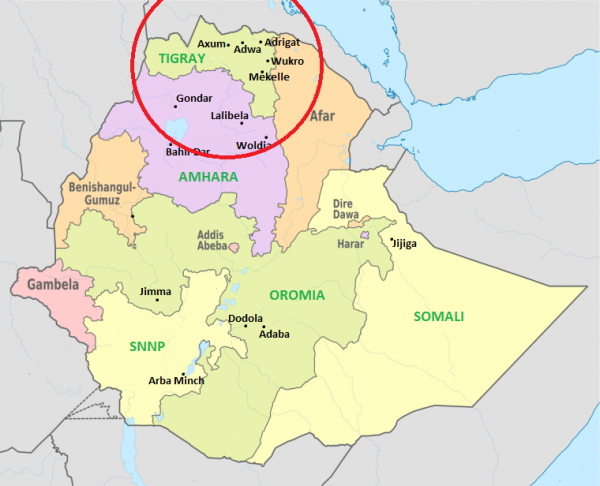
The regional workshop

The trip started with the Regional Workshop that took place in Mekelle, the capital of Tigray’s region. Sustainable Sweden Association (SSA) and Sustainable Sweden Development Ethiopia (SSDE) organized this two-days’ workshop with other partners as Mekelle city municipality, Tigray regional health bureau, the digital opportunity trust and the regional bureau of agriculture and rural development. This workshop was based on the goal of zero waste and clean cities in the Region and all the Eco-municipalities of the region took part to this event: Mekelle, Adigrat, Adwa, Wukro and Axum. During this workshop, the importance of the cities’ role was stressed as an essential thing to complement actions of the government to achieve sustainable goals. Mr Ataklti G. Hiwiot, deputy head of the bureau of urban development and construction, said that the regional government will give all its support to SSDE/SSA to strengthen the Ecomunicipality initiative in Ethiopia. This workshop was the opportunity for the participants of each Ecomunicipality of Tigray’s region to prepare the upcoming town level follow-up session: the international trainers, T. Lahti and M. Brändström explained thoroughgoing the Ecomunicipality concept, focused here on waste management and used the Swedish system as an example. They also dealt with the issue of capacity building and the need to think in a holistic and systematic way. After the presentation, groups were made and participants discuss about the method of back-casting and try to apply it to their own town. The back-casting method is divided in four steps:
- Defining principles of sustainability
- Making the analysis of the current situation and the inventory of the gaps and lacks to reach sustainability
- Making a list of the solutions/strategies to face the challenges
- Defining the actions and activities that lead to vision realization
Participants must follow the four steps and confront every challenges and solutions with the eight sustainable principles and the four Ethiopian Development Objectives.
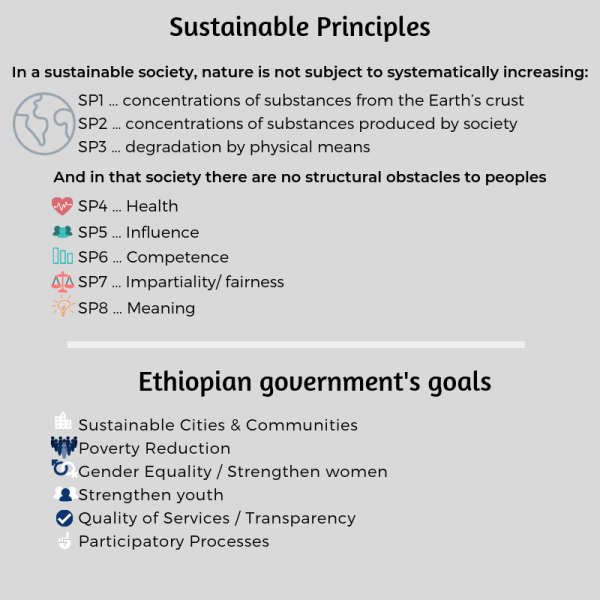
The feedbacks about the workshop were positive; the participants are glad to have the support of SSA/SSDE in their journey towards sustainability and want to put the Eco-municipality concept at the heart of the sustainable urban development agendas of the region. They are also conscious that they need to strengthen the leadership support to address the problem of urban waste and be engaged in an integrated planning. During the workshop, the trainers insisted to say that there are here to give keys to reach sustainability thanks to the Swedish examples, but the aim isn’t to “copy/paste” them. Ethiopian people must use the organized communities that they already have. Moreover, the issue of health was raised by Mr. Atakliti G. Hiwot and Mr. Ibrahim Hassen during the closing remarks. Ill health is an important problem in Ethiopia and improving the hygiene and the sanitation situation is essential to reach sustainable development goals.
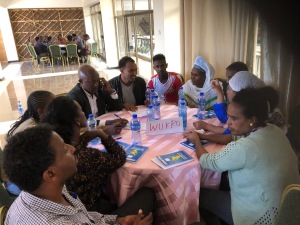
As the path towards sustainability is a long process, the trainers gave homework to the participants that must be done before the first process leader training in February 2020. The participants must continue the back-casting methodology: solutions and strategies must be implemented, the inventory must be continued, all the challenges must be analyzed by using the checklist and the participants must list the knowledge gaps from the inventory and discuss how to reduce them. They also have to develop a capacity Building Plan to raise awareness and increase knowledges.
Meetings and follow-up days
The trip gave the opportunity for Sustainable Sweden to work on new agreements with regional and local partners. Indeed, the delegation met the vice president of Tigray in Mekelle to work on a regional application in order to have funding thanks to the national development program and its partners. Also, in each city, they had meetings with the municipality to discuss about the expectations of each part in the partnership and what can be set up in the project. As each municipality has a history and faces different issue, the thematical areas were not always the same: eco-tourism, waste management, urban greening and capacity building.
In the cities, the delegation participated to conferences too where the members promoted the Eco-municipality concept and explained it to the people that didn’t attend the Regional workshop. As it created an area for exchanges, it was also a chance for the participants to talk to the municipality’s representatives.

The delegation went also to Addis to have meetings with their partners. They met the Deputy Minister of urban development to make an agreement together and they met also the environment protection Agency. This was also the opportunity to have internal meetings with people who are working for SSDE: SSDE will employ three people for 6 months to begin with and two people will be hired on a consultancy basis.
The study visits, a way to learn from each other
In each city where the delegation went, study visits were organized to show the sustainable projects that emerged in the Region. Mostly, the delegation visited landfills and parks.

The landfills that the delegation visit show the will to organize a sorting waste management and the awareness of the negative impact that such places can have on the environment. First, some landfills that the delegation visited are news because the municipalities moved them from places where the environmental impact was too important. For instance, in Adigrat, the old landfill had leakage to watercourses that pass through the city and the surrounding area farmlands, so the toxic substances were transporting in the city. Second, in all the landfills that were visited, plastic (particulary, plastic bottles) starts to be sorted. However, some issues still important: the conditions for the workers, mostly women, are really bad, they haven’t an adequate waste collection system and have almost never a system for compressing waste. Through the discussion between the municipality and the delegation, the idea of a mobile compressing system which can be shared between the municipalities of the region was raised.
The urban greening is an important goal for the municipalities in Tigray’s region and that’s why the delegation visited many news parks. Some of them offer basic hygiene (shower and toilets) and social areas (cafes and seatings) and are really popular for that.

The delegation of SSA visited also a composting plant in Mekelle that exists for three years but doesn’t work yet because of the lack of investment to pay people to collect the waste and to finance a communication campaign to raise awareness about sorting waste. Moreover, they also saw a tree plantation nursery which raise the challenges of water access, seed’s access, low budget and poor soil quality. The delegation and the representatives discussed how these problems can be resolved by the municipality and the regional level.
This trip in Ethiopia was a great opportunity to see how our partners in Ethiopia are convinced of the need to go towards a sustainable future. The Ecomunicipality concept seems to be on the core of the concerns and we are really proud of the strong relations that exist with the Tigray’s region now.
